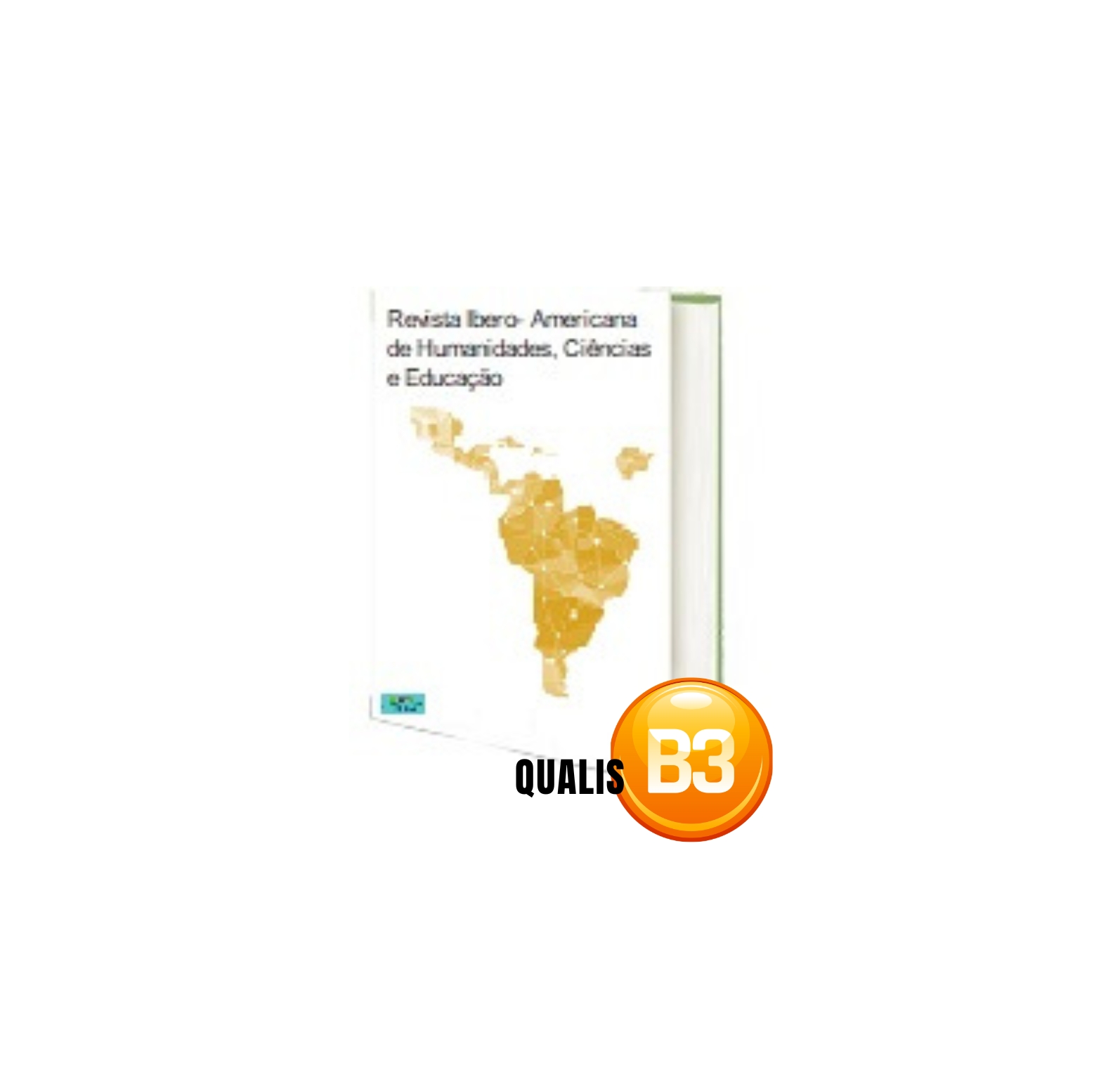PLAYING AS A THERAPEUTIC RESOURCE IN THE UNDERSTANDING OF WINNICOTTIAN PSYCHOANALYSIS
DOI:
https://doi.org/10.51891/rease.v9i2.8404Keywords:
Playing. Child psychoanalysis. Clinical psychology. Winnicott.Abstract
The theme that permeated this work was playing, an activity that is so present in children's universe. And it aimed to emphasize that this play goes beyond a simple passage of time because it is the child's form of communication, where he transmits his internal contents through the games. In addition, it is through him that the child learns and internalizes about the external world. The theme has not always been valued throughout history, but it has acquired a lot of importance since the beginnings of Psychoanalysis. Winnicott, pediatrician and psychoanalyst, was an author who immersed himself in this universe, studying and experiencing the subject in his clinical practice. And this study aims to bring a winnicottian view on playing to the psychoanalytically oriented psychological clinic. Emphasizing that playing and its importance has repercussions in the clinic not only in the care of children, but also in the care of adults, through the inflections of words, the tone of voice, the sense of humor, creativity. For this author, playing has an expanded meaning and that is why he argues that psychotherapy is a derivative of this playing. And he goes further when he says that the psychotherapist who doesn't know how to play is not fit for the job and the patient who doesn't know how needs to learn before any other demand. Because therapy happens through two people playing together.
Downloads
Downloads
Published
How to Cite
Issue
Section
Categories
License
Atribuição CC BY

